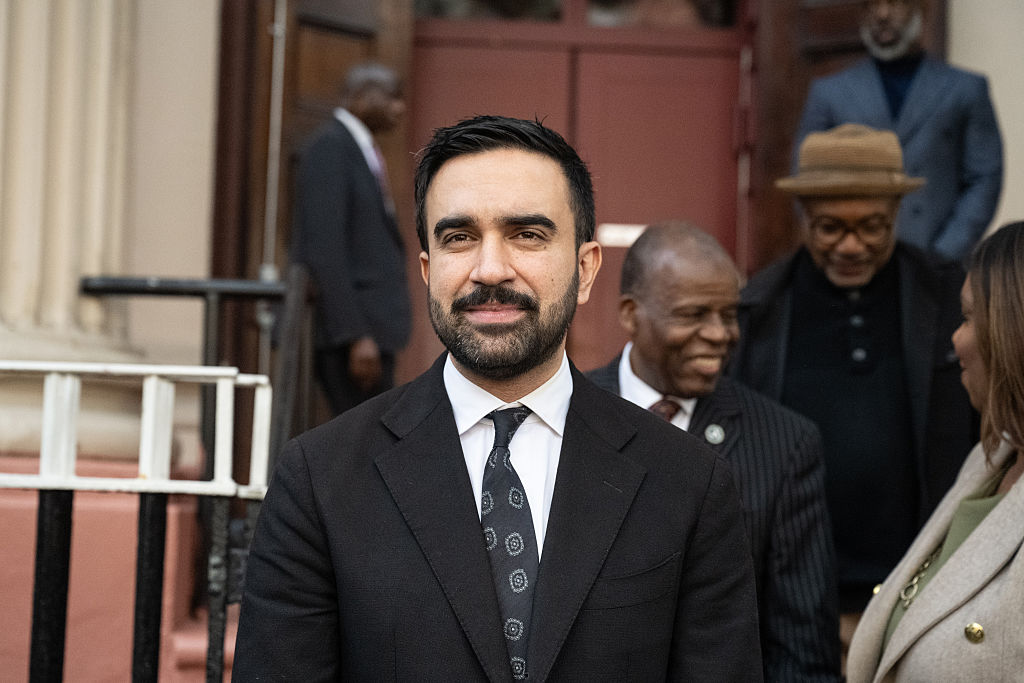After speculating that President Biden’s medical team must have been aware of his prostate cancer at the time of his last physical examination in 2024, we are now learning from his spokesperson that he has not had a blood test for the prostate specific antigen or PSA since 2014.
Let’s recall that year. It’s the summer of 2014. The West Wing is buzzing. Crises in Eastern Europe, unrest in the Middle East, and deep concern for a resurgent threat overseas. Joe Biden, then Vice President of the United States, is flying between continents, doing shuttle diplomacy, leading panels, briefing NATO.
And quietly, behind the scenes, his medical chart records a final PSA test. A routine prostate-specific antigen screening. It would be his last.
Why?
The question isn’t rhetorical. It’s clinical. Because in 2014, Biden was 71, a man with exceptional vitality, mental clarity, and an arguably greater than 10-year life expectancy, a key threshold set by the American Urological Association for determining whether PSA testing should continue.
The AUA Recommendation state: “Routine PSA screening is not recommended for men over age 70; however, for select men in excellent health with more than a 10- to 15-year life expectancy, screening may be considered.”
At first glance, it seems straightforward. Previous guidelines had already declared that routine screening in men over 70 did more harm than good, with unnecessary biopsies, false alarms, potential incontinence and impotence. Enough, they said.
But the AUA’s stance was more measured. They didn’t close the door entirely. For men like Biden, healthy, highly functional, intellectually sharp, and still on the ascent of public service, they left room for discretion. They acknowledged what experienced clinicians know: that a vigorous 71-year-old may have 20 years ahead, not five.
Which begs a question we don’t ask often enough: If we don’t screen a man like Joe Biden, are we missing something serious? Could it even be malpractice?
Strictly speaking, no, not by legal definition. Malpractice requires: a breach of the standard of care resulting in harm that is against accepted professional consensus.
Given that recommendation against routine screening for men over 70 was in effect, and that many providers were pulling back on testing during that period, opting not to screen was not outside the standard of care in 2014.
But ethically? Clinically? In a man with Biden’s profile?
There’s room to debate. Because while the median 71-year-old male may not benefit from a late-life PSA, Joe Biden in 2014 was no median man.
To ignore PSA testing in someone so healthy and high functioning may not be malpractice in the courtroom sense, but could be considered a missed opportunity for preventive care. Especially considering that prostate cancer remains the second leading cause of cancer death in American men.
Let’s say Biden had aggressive prostate cancer brewing beneath the surface, one that wouldn’t show symptoms until it had metastasized. By 2020, he’d be 78 and leading a nation through a pandemic. By then, treatment options could be limited. A timely PSA could’ve changed that trajectory.
Would it have saved his life? Perhaps. Would it have spared suffering or complexity? Likely. Would it have fit within the AUA guidelines? Absolutely.
Medicine isn’t about treating age; it’s about treating people. Guidelines help us draw lines, but great clinicians know when to blur those lines for the right reasons.
Vice President Biden’s final PSA in 2014 might have been clinically justifiable as a stopping point. But given his exceptional health, life expectancy, and continued national leadership, there’s a strong argument it should not have been his last.
Not because of fear. Not because of politics. But because the data, and his vitality, suggested he still had a lot more life to protect.
Why did Joe Biden stop testing for prostate cancer in 2014?
Further tests may have saved his life

(Getty)
After speculating that President Biden’s medical team must have been aware of his prostate cancer at the time of his last physical examination in 2024, we are now learning from his spokesperson that he has not had a blood test for the prostate specific antigen or PSA since 2014. Let’s recall that year. It’s the summer of 2014. The West Wing is buzzing. Crises in Eastern Europe, unrest in the Middle East, and deep concern for a resurgent threat overseas. Joe Biden, then Vice President of the United States, is flying between continents, doing shuttle…

























Leave a Reply